
Representative Mandi Ballinger, Vice Chair
Office: (404) 656-7153
Representative Rick Jasperse, Secretary
Office: (404) 656-7153
Representative Shaw Blackmon
Office: (404) 656-5103
Representative James Burchett
Office: (404) 656-5024
Representative John Carson
Office: (404) 656-7855
Representative James Beverly
james.beverly@house.ga.gov
Office: (404) 656-5058
Representative Sharon Cooper
sharon.cooper@house.ga.gov
Office: (404) 656-5069
Representative Katie Dempsey
Office: (404) 463-2248
Representative Karla Drenner
karla.drenner@house.ga.gov
Office: (404) 656-0202
Representative Chuck Efstration
chuck.efstration@house.ga.gov
Office: (404) 656-5052
Representative Gerald Greene
gerald.greene@house.ga.gov
Office: (404) 656-9210
Representative Stan Gunter
stan.gunter@house.ga.gov
Office: (404) 656-5125
Representative Matt Hatchett
matt.hatchett@house.ga.gov
Office: (404) 463-2247
Representative Lee Hawkins
lee.hawkins@house.ga.gov
Office: (404) 656-7855
Representative Bill Hitchens
bill.hitchens@house.ga.gov
Office: (404) 656-5126
Representative Scott Holcomb
scott.holcomb@house.ga.gov
Office: (404) 656-6372
Representative Carolyn Hugley
carolyn.hugley@house.ga.gov
Office: (404) 656-0109
Representative Mack Jackson
mack.jackson@house.ga.gov
Office (404) 656-0314
Representative Jan Jones
jan.jones@house.ga.gov
Office: (404) 656-5072
Representative David Knight
david.knight@house.ga.gov
Office: (404) 463-2248
Representative Eddie Lumsden
eddie.lumsden@house.ga.gov
Office: (404) 656-7850
Representative Chuck Martin
chuck.martin@house.ga.gov
Office: (404) 656-5146
Representative Mark Newton
mark.newton@house.ga.gov
Office: (404) 656-7855
Representative Sam Park
sam.park@house.ga.gov
Office: (404) 656-5059
Representative Butch Parrish
butch.parrish@house.ga.gov
Office: (404) 463-2246
Representative Alan Powell
alan.powell@house.ga.gov
Office: (404) 463-3793
Representative Lynn Smith
lynn.smith@house.ga.gov
Office: (404) 656-7149
Representative Ron Stephens
lynn.smith@house.ga.gov
Office: (404) 656-5115
Representative Darlene Taylor
darlene.taylor@house.ga.gov
Office: (404) 463-2246
Representative Al Williams
al.williams@house.ga.gov
Office: (404) 656-6372
Representative Bruce Williamson
bruce.williamson@house.ga.gov
Office: (404) 656-5025

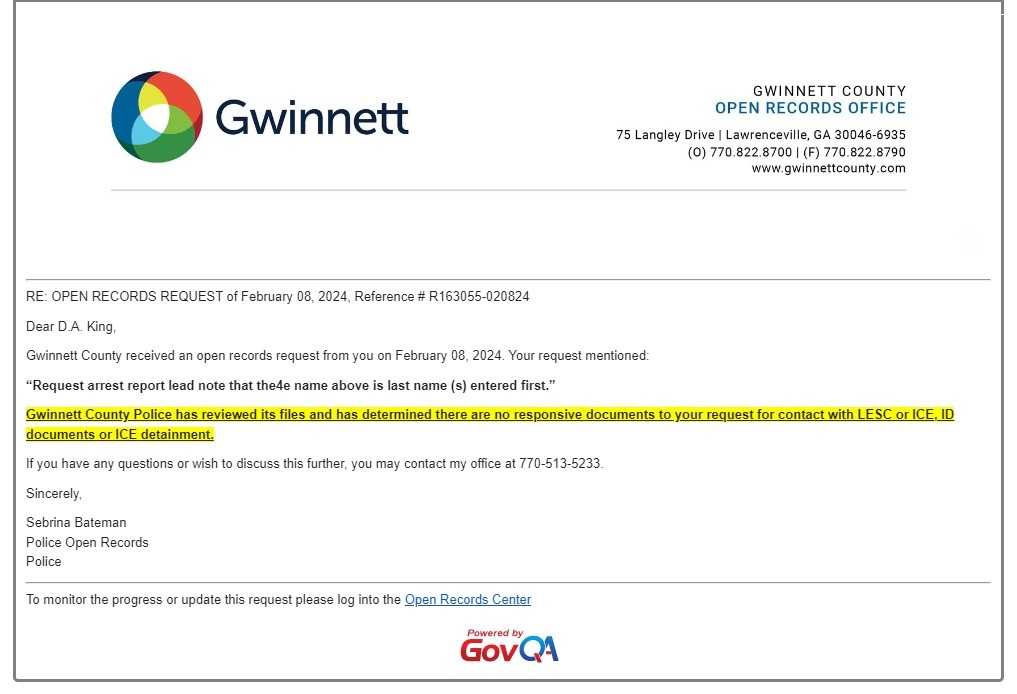
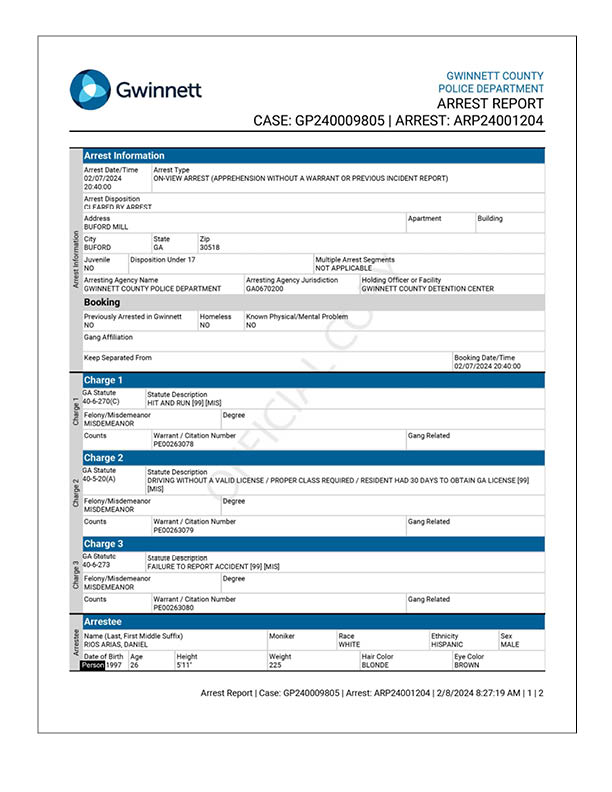
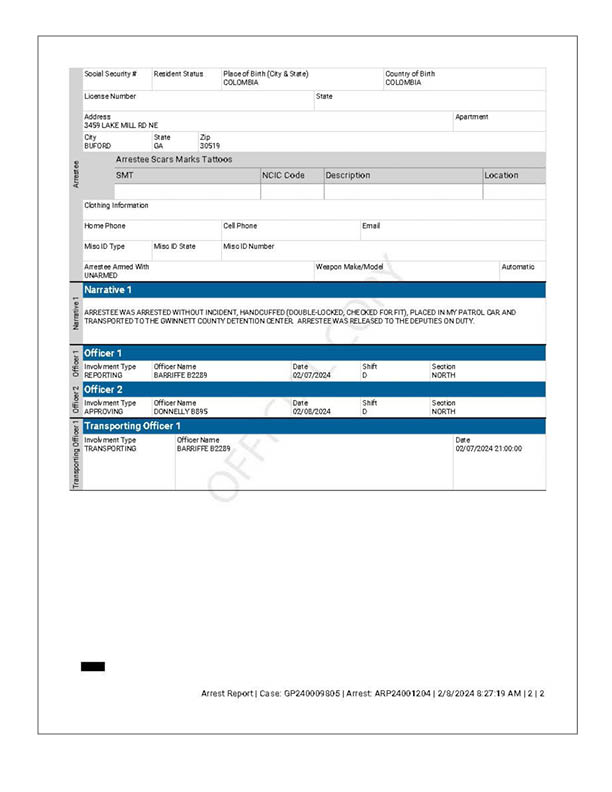
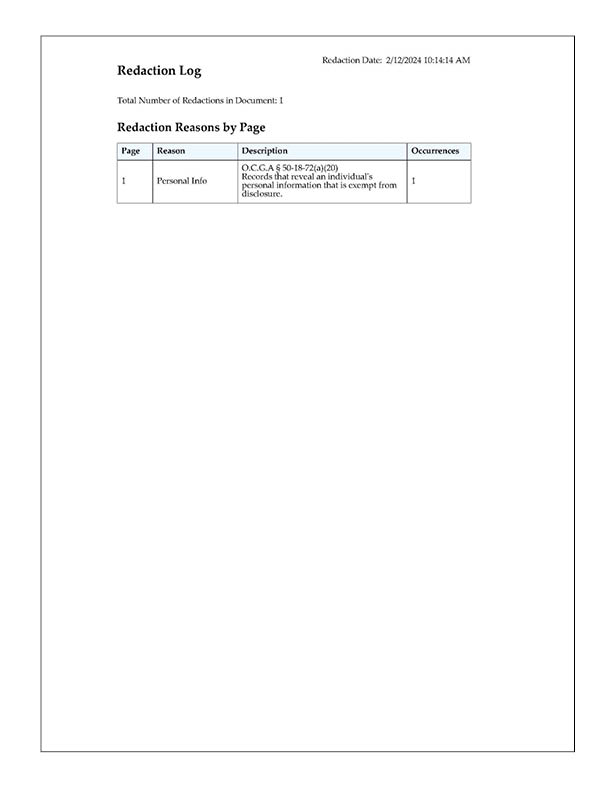
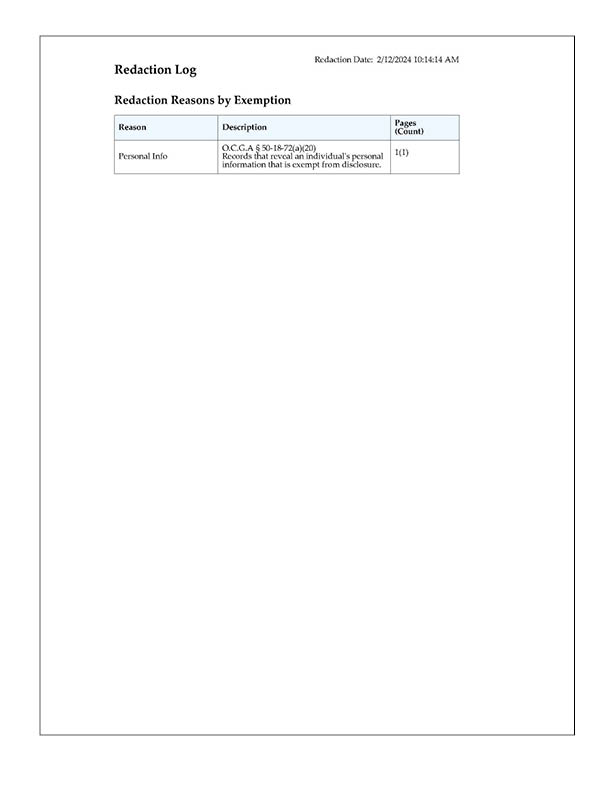
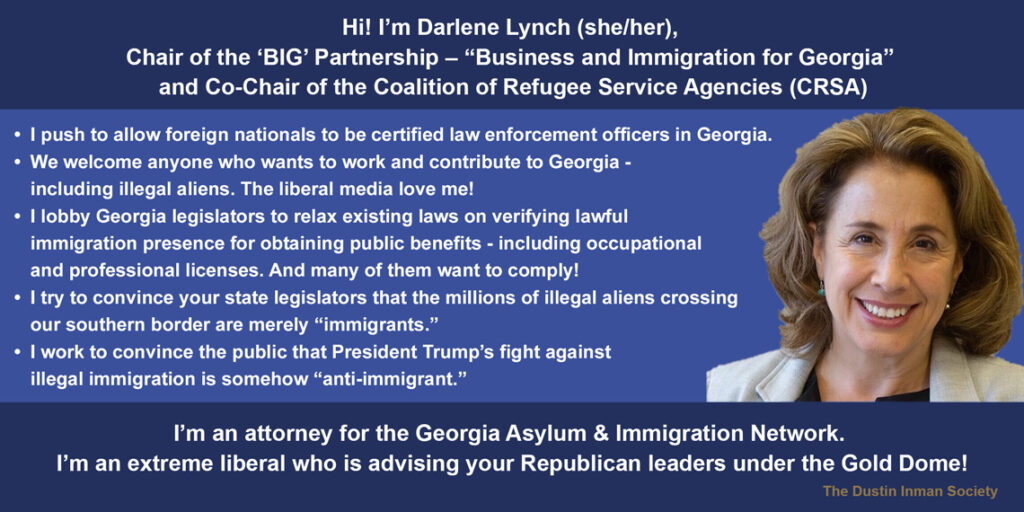
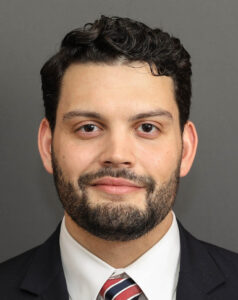
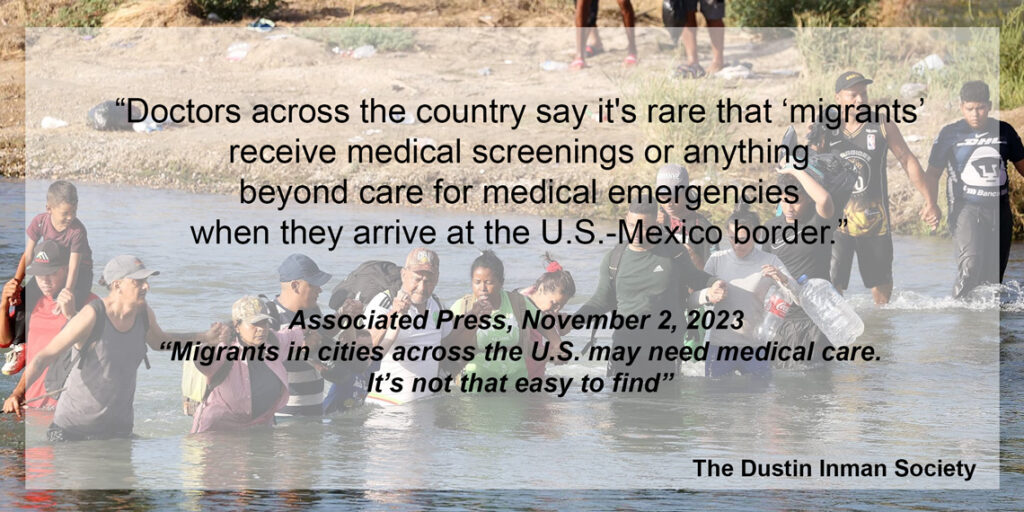

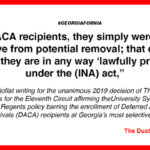


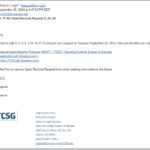


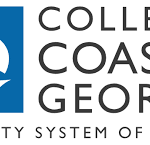
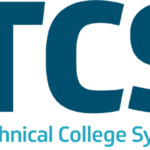
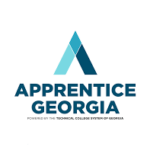







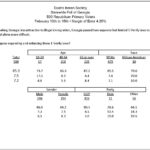

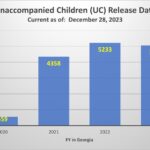
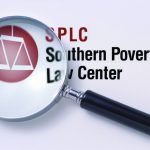

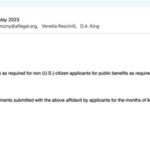
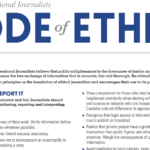
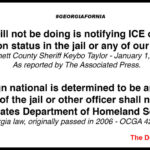




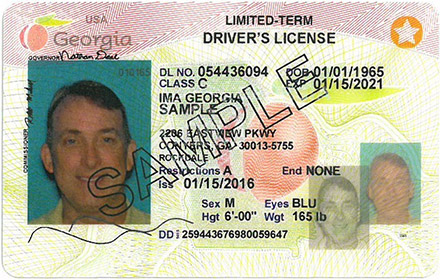




You must be logged in to post a comment.